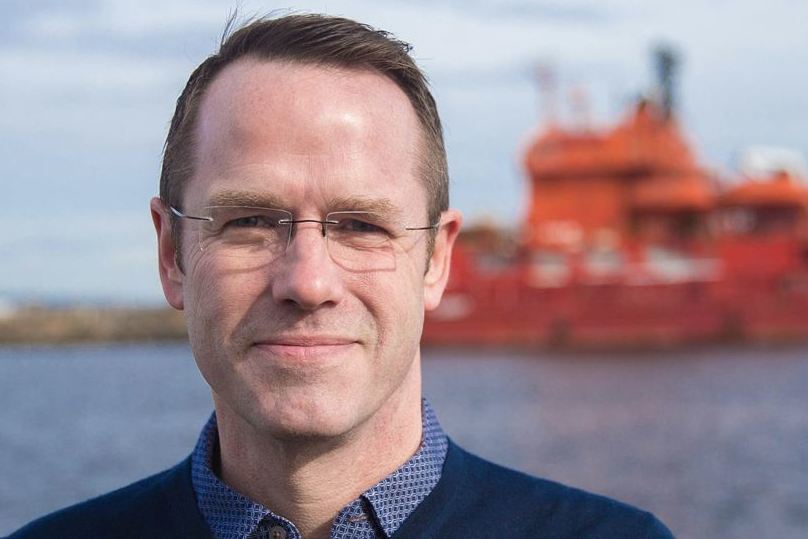
Shane Gorman’s father lost his life in the Piper Alpha disaster (read his story here). He is warning of the need for an”inside-out” safety approach.
It’s been an emotional week for those still affected by Piper Alpha. The reality of the devastating impact a major incident has on friends and families, and the vast reach it has into the community and into the future is immeasurable. The focus seems to fall on the ‘thing’ be it an oil rig, a helicopter or a football stadium, and what happened to ‘it’. I don’t believe this is at all deliberate, but more a collective inability with trying to imagine how they would cope in this situation. I think this, among other things, is what families of victims find so difficult to deal with.
Surprisingly, and despite the huge number of people trying to support you, you find yourself dealing with it all alone. The overwhelming barrage of emotions is indescribable, which makes it difficult to communicate. The understanding you have of the world around you breaks down and many uncontrollable feelings and emotions rush in and out of your being, but they are also all there at once.
The experience numbs you and you find you have to try to build yourself into someone again. This is not easy, and takes a very long time to achieve. Unfortunately some never manage it and they stay stuck in limbo unable to move on, they are the real victims of a major incident.
Every offshore worker I talk to has concerns about drowning in paperwork. Many find we are now focused on blindly gathering and completing whatever documentation is required so we don’t get into ‘trouble’. Over the years, and particularly since Piper Alpha, paperwork systems have been constantly added to, mainly because of reactions to incidents that require immediate action.
This practice is diluting the reason it is there, to focus the mind on the hazards of the task, and identify conflicting work. Adding to an already overloaded system is clearly not the way forward. Some aspects of the current system are good, but there is an awful lot of chaff. We must rein this in before we have another major disaster, which could be caused by the very thing that was put in place to prevent it.
There are numerous articles and training videos that refer to Piper Alpha. We use phrases like “Lesson Learned” and “We must be sure these men didn’t die for nothing”. If these statements mean anything, we need to listen to the workforce and simplify our paperwork systems before they become the root cause of yet another tragedy.
Thankfully our industry is full of hard working people who want to engage in the safety of themselves and their colleagues. These people are having their voices stifled by a thing I call ‘Anti-Safety’. The practice used to brand someone as ‘Anti-safety’ if they speak out or have a concern or negative opinion about a process or system that is seen to be safety related. Safety must be an open discussion and all voices need to be heard. If they are not, and the only opinions that matter come from those who don’t truly understand the issues, then I fear we are back in the 70s and 80s and another Piper Alpha is just around the corner. If you think this is an overreaction, just ask around…
‘Inside-Out’ is a simple concept. It means using the workforce, safety reps and rig safety committees to drive safety on an installation from the Inside-Out. These people know everyone and already have the respect and integrity required to involve and engage the right people to influence real change. Doing it this way gets into the blood and changes the way people think about themselves and their responsibilities to one another’s families. Inside-Out will make positive safe behaviour the norm but, these individuals need to be identified.
They’ll also need to be given plenty of solid, hands-on continued support to build their confidence. This will empower them to drive the creation of a truly positive safety culture on every single installation across the North Sea. I fear if the concept of “Inside-Out” is not taken seriously, we risk disengaging the very people who hold the keys to transforming the industry into a world leader in offshore safety.
Recommended for you

